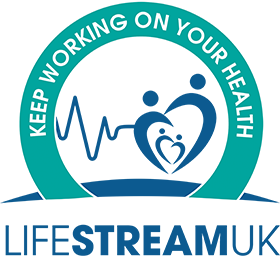£85
The Lipids (Including Cholesterol, HDL, LDL) Blood Test offers a comprehensive analysis of your lipid profile, which is essential for evaluating cardiovascular health.
This test measures several key components that are related to the risk of heart disease, including:
Triglycerides: This type of fat in the blood serves as an important indicator of heart health. Elevated levels of triglycerides can be a significant risk factor for cardiovascular issues.
Total Cholesterol: This metric includes all types of cholesterol present in the blood, both beneficial and harmful. High total cholesterol levels may indicate an increased risk of heart disease.
LDL (Low-Density Lipoprotein): Commonly referred to as "bad" cholesterol, high levels of LDL can result in plaque buildup within the arteries, heightening the risk of heart disease and stroke.
HDL (High-Density Lipoprotein): Known as "good" cholesterol, HDL assists in removing other forms of cholesterol from the bloodstream. Higher levels of HDL are generally associated with better heart health.
Total Cholesterol to HDL Cholesterol Ratio: This ratio is used to assess cardiovascular risk by comparing total cholesterol levels (inclusive of both "good" and "bad" cholesterol) to high-density lipoprotein (HDL), the "good" cholesterol. This ratio provides a more thorough understanding of heart health than individual cholesterol values alone.
Importance of Lipid Testing: Regular lipid testing is invaluable for individuals seeking to monitor their heart health or evaluate their risk for cardiovascular disease. It is particularly important for individuals with a family history of heart disease, those with diabetes, or anyone experiencing risk factors such as obesity or a sedentary lifestyle.

